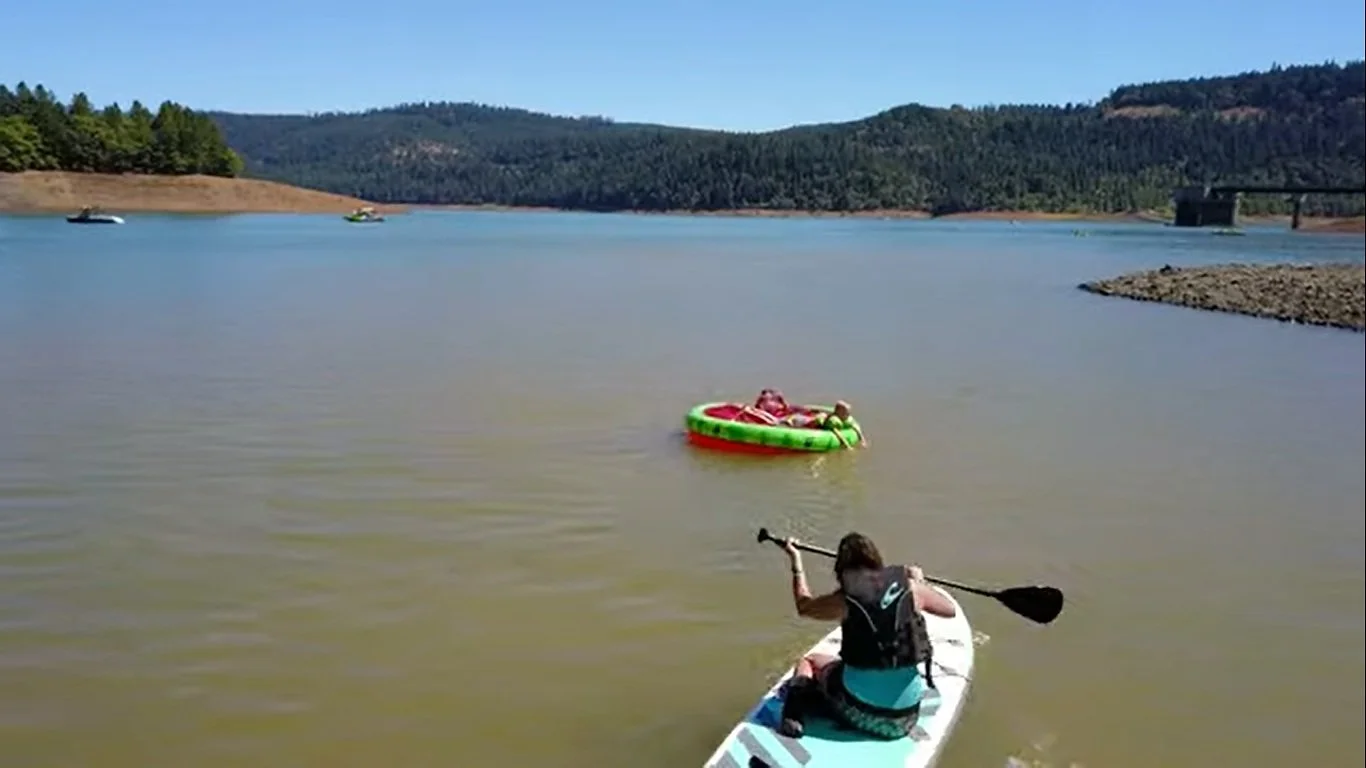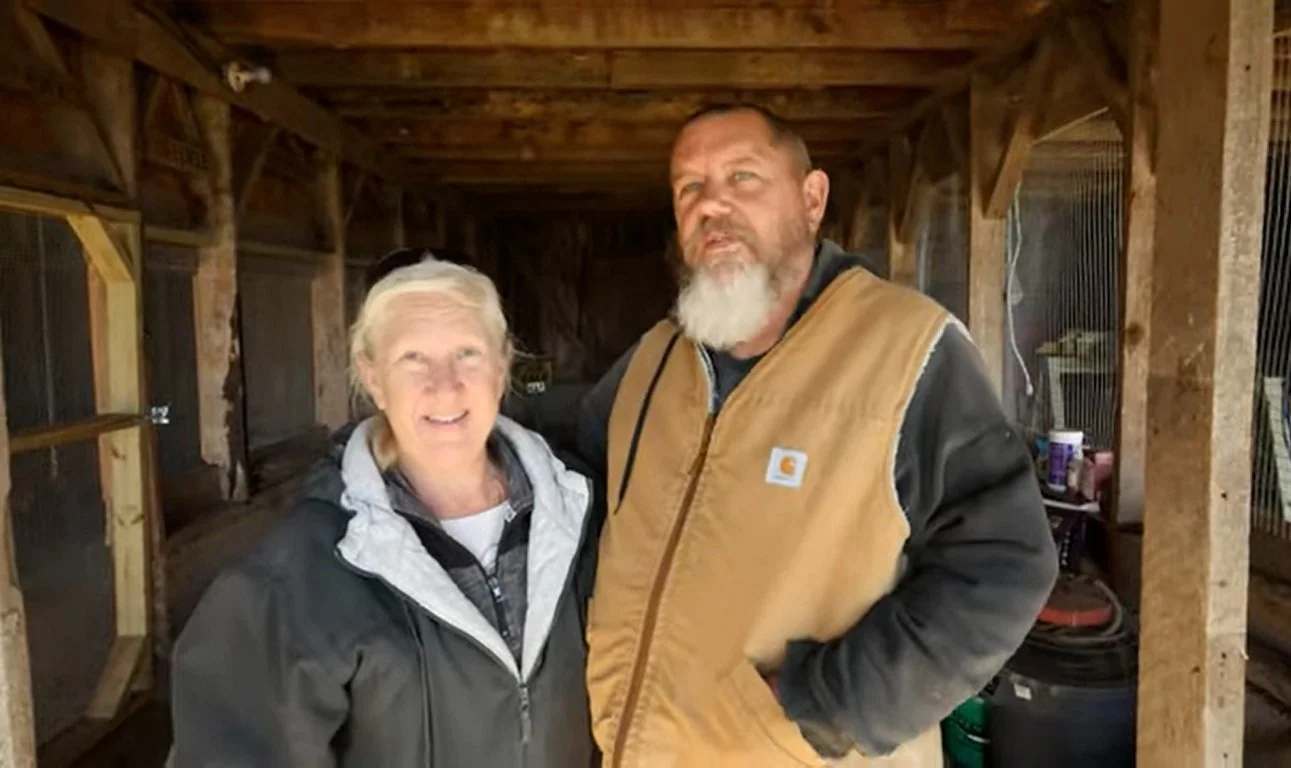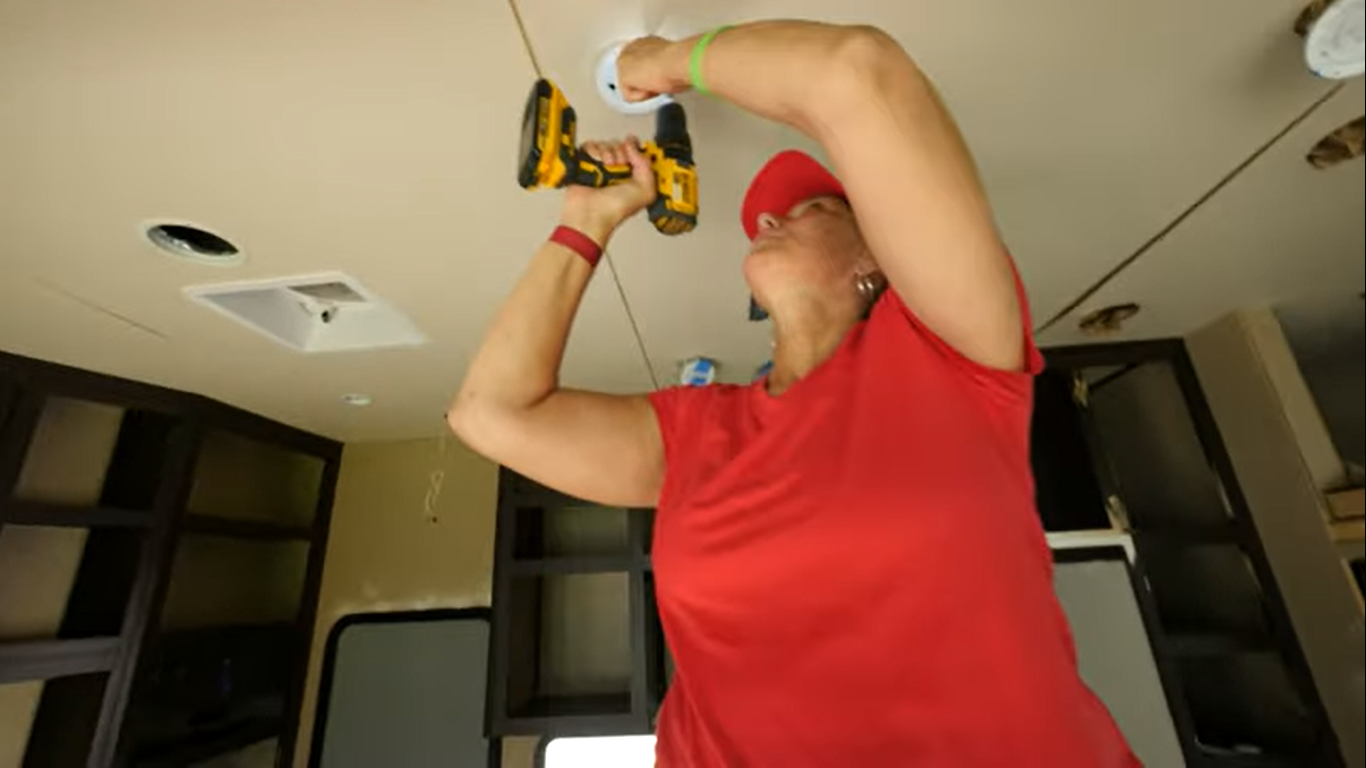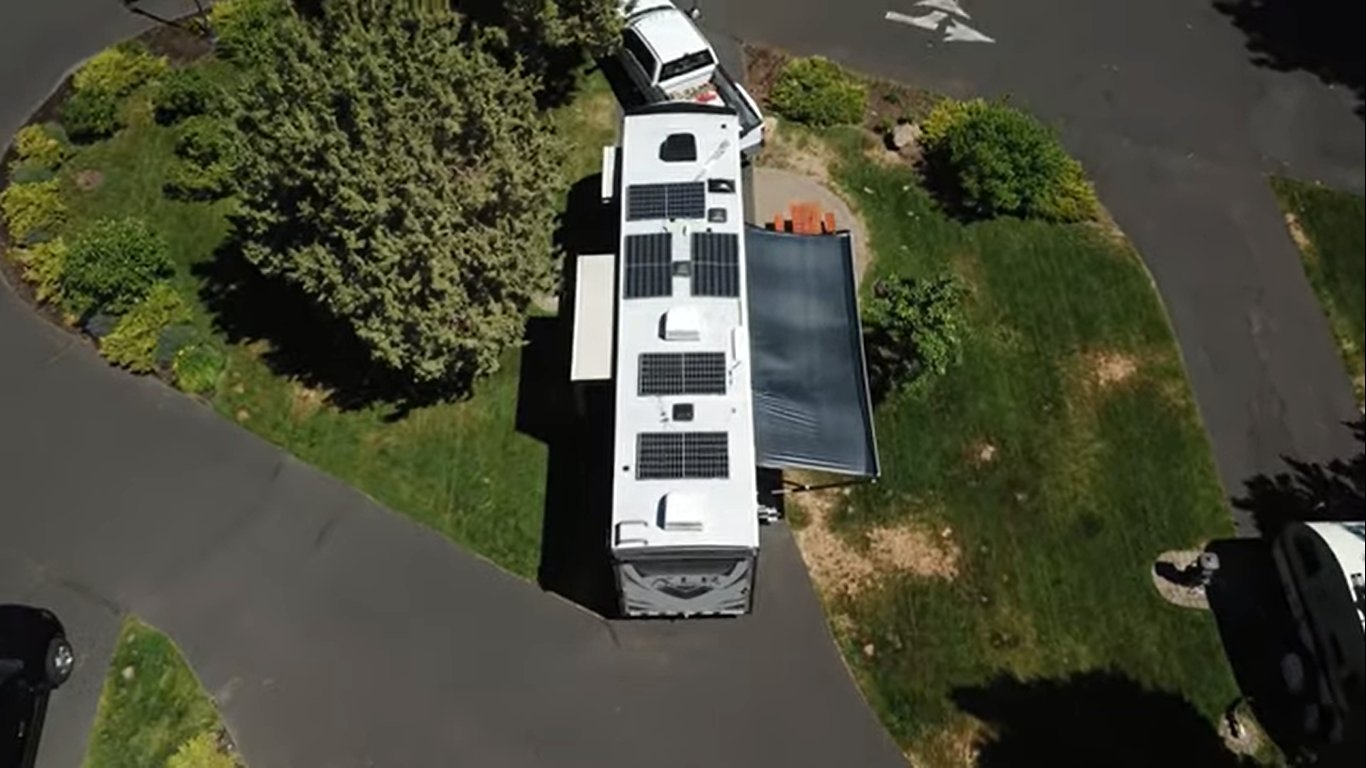Top Things Every New RV Owner Should Know
Over a year ago, we decided to travel full time in our RV. It’s one of the best decisions we’ve ever made. We’ve seen parts of the country we never imagined, and we learned a few things along the way. Honestly, we wish we had known these at the beginning of our RV life.
We were complete novices when we started this journey, but we’re here so you can have better experiences. Here are a few of our must-know tips and tricks for beginner RVers:
Do you need a 4x4 to tow an RV?
Yes, you do! We have been stuck numerous times, and having a 4x4 got us out of sticky situations. You’ll also need a AAA Roadside Assistance plan for times when your 4x4 can’t save your trip. We’ve had to use AAA a few times, and it was a lifesaver.
Avoid private RV parks
Some of the most beautiful places to stay have been the State, National, and County parks. We’ve also stayed at some private RV parks, but they were the least convenient. They’re profit-oriented because they mostly don’t get outside financial support, so they’re usually too full. Every time we stay at State, National, or County parks, we have a lot of space to park our rig.
Bookmark the Harvest Hosts website
There are several reasons we love harvest hosts. Not only does it have an affordable annual membership, but it’s also been a great way to connect with many people throughout our adventures.
We’ve heard some of the most incredible stories and had the best experiences staying at Harvest Hosts.
Can you leave the awning out when it rains?
Yes, but you need to lower one side so that rainwater doesn’t get stuck at the top. If rainwater is stuck, it’ll put a lot of stress on the awning. Also, remember not to leave your awning out on windy days. A while back, our back awning blew off due to a wind gust. And we don’t want that happening to yours.
If it can break, it will
While living in an RV full time, we’ve had to fix a lot of things.
Since the RV is our home, we can’t exactly take it to a repair shop. Mechanics can take a while to repair your 5th wheel, so we had to learn how to fix things ourselves.
You’ll need three water connections into your RV
In your RV, you’ll have fresh water, black water, and city water flushes. The black water is for flushing sewage and other junk from the RV. You use fresh water to fill up your tanks when you’re not connected. City water connects to the water supply at an RV park so you can have a continuous flow of water. Anytime you put water into an RV, you’ll need a water filter to make sure the water is as clean as possible.
Invest in solar panels
RVs use a lot of power. As such, solar panels are an excellent investment. We got five solar panels for our 5th wheel and swapped out our lead-acid batteries for lithium-ion batteries. So, unless we’re running energy-consuming items like the air conditioner, we can live on solar power for days.
Understand what powers each appliance
Completely understanding what powers the RV appliances can be a little confusing because there’s short power, generator power, battery power, and propane. And different appliances connect to a specific power source. So, you want to make sure you have a good grasp of that before you take off the first time.
Create a checklist for parking and disconnecting your RV
You need a checklist to avoid breaking things as you park your rig. When you pull your truck forward, you must make sure the tailgate is down. Otherwise, you could break it. We’ve made that mistake before. You can check out our RV set-up article here to help you create a checklist of your own.
Choose sites with pull-through parking when you can
When I first started RVing, I had no idea what a pull-through campsite was. A back-in campsite means you must reverse your rig, which is not easy even for an experienced RVer. So, opt for a pull-through site when you can. It’s more convenient.
Planning is essential
Planning is a crucial element of full-time RVing. We realized early on that we needed to plan for every stop. If you don’t plan properly, you could find yourself sleeping at a Walmart parking lot or other random places.
Buy a good RV lubricant
We had no idea how much RV lubricant we would use.
So many things require lubricant, including the doors, hydraulic jack, and seals. At one point, we had to slam our door for it to close. We finally discovered that if we lubricated it every week, it closed much better.
We hope that we have inspired you to untether your life a bit and try something new. As always, we look forward to sharing more of our adventures with you.
Watch our full YouTube video to witness more of our RV living adventures:





